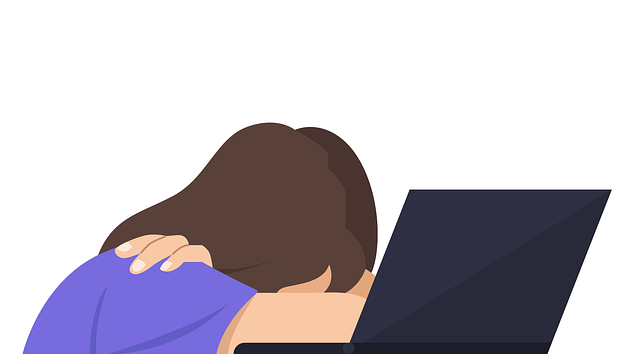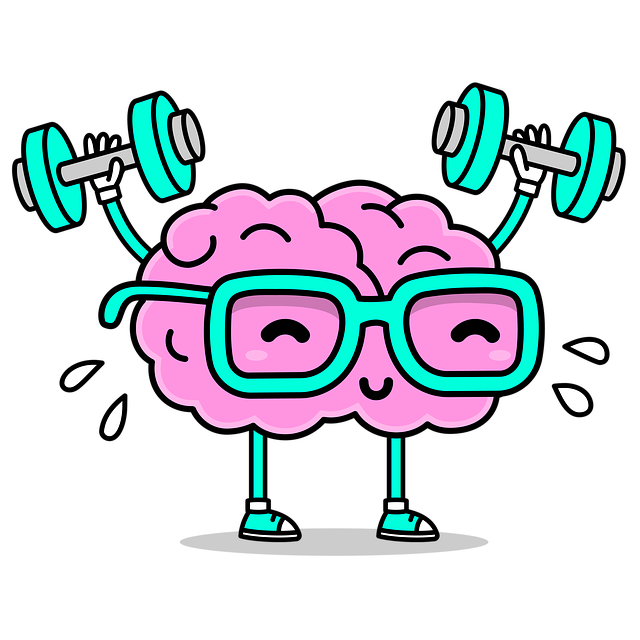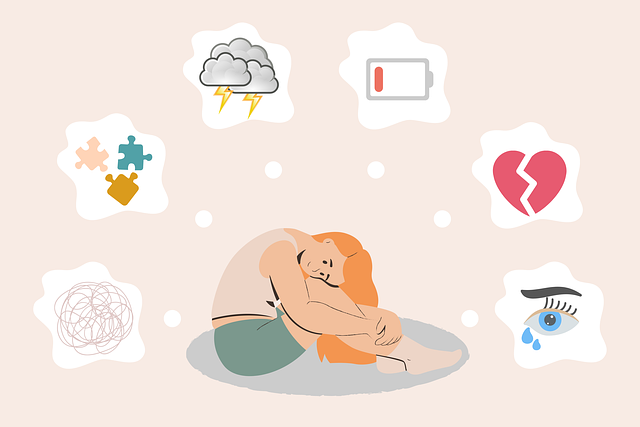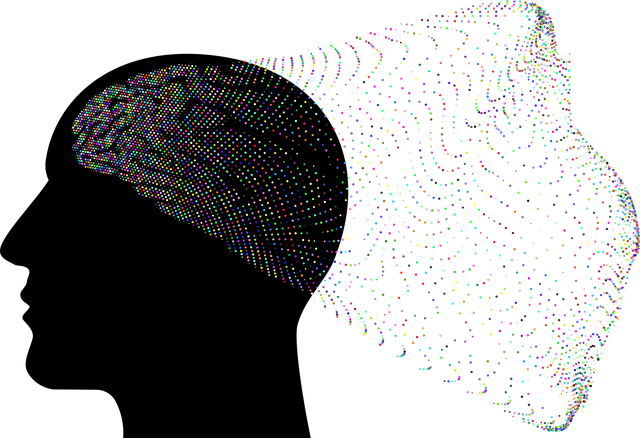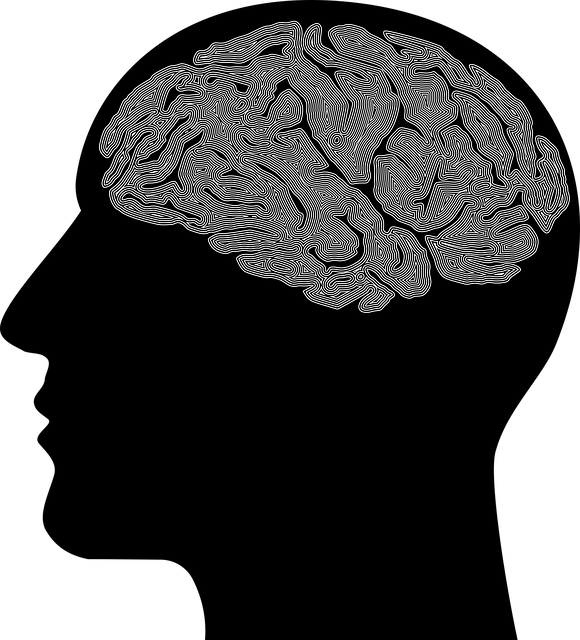In response to rising stress and anxiety across all demographics, including Northglenn residents, mental wellness apps offer personalized support for better mental health outcomes. These apps provide access to professional therapy, mindfulness practices, self-care routines, and emotional well-being techniques through mobile devices. Targeting a broad audience, they focus on meditation, cognitive behavioral therapy, and progress tracking for long-term stress management. Key features include user engagement, cultural sensitivity, peer support, intuitive design, and continuous improvement based on user feedback and research. A strong online presence and targeted campaigns are crucial for launching and maintaining the app as a valuable mental wellness resource in Northglenn and beyond.
In today’s fast-paced world, mental wellness apps are becoming indispensable tools for managing stress. With a growing demand for accessible and personalized therapy options, Northglenn residents now have at their fingertips solutions tailored to their unique needs. This article explores the development of mental wellness apps, focusing on Northglenn Stress Management Therapy. We delve into target audience analysis, essential features, design considerations, marketing strategies, and continuous improvement techniques to ensure effective and user-friendly apps.
- Understanding the Need for Mental Wellness Apps
- Target Audience and Market Analysis for Northglenn Stress Management Therapy Apps
- Key Features and Functionality to Include
- Design Considerations and User Experience (UX) Optimization
- Marketing, Launch, and Continuous Improvement Strategies
Understanding the Need for Mental Wellness Apps

In today’s fast-paced world, mental wellness is an increasingly important aspect of overall health, with stress and anxiety becoming prevalent issues affecting individuals across all demographics, including Northglenn residents. The rise in remote work, digital connectivity, and modern lifestyle choices have contributed to heightened levels of stress, making accessible and engaging solutions more crucial than ever. Mental wellness apps cater to this growing need by offering personalized support and guidance for managing mental health challenges.
These apps provide a diverse range of tools, from mental wellness journaling exercises and mindfulness practices to self-care routine development and compassion cultivation techniques. By leveraging technology, users can access professional-led therapy sessions, track their moods, receive tailored recommendations, and engage in activities designed to enhance well-being. With the convenience of mobile accessibility, Northglenn residents can now incorporate stress management therapy into their daily routines, fostering better mental health outcomes and promoting a more balanced lifestyle.
Target Audience and Market Analysis for Northglenn Stress Management Therapy Apps

The target audience for Northglenn Stress Management Therapy apps is diverse and includes individuals seeking effective stress relief strategies in a convenient digital format. This market segment encompasses busy professionals, students juggling academic demands, working parents, and anyone experiencing elevated stress levels due to modern life’s pressures. By catering to these users’ needs, developers can create valuable tools that foster emotional well-being.
A comprehensive market analysis reveals a growing demand for mental health education programs designed specifically for at-home use. Northglenn Stress Management Therapy apps can incorporate features like personalized meditation and mindfulness exercises, cognitive behavioral therapy techniques, and progress tracking to engage users in their self-care journey. Furthermore, integrating emotional well-being promotion techniques into the app’s core functionality will enhance its appeal, encouraging users to adopt long-lasting healthy habits for managing stress effectively.
Key Features and Functionality to Include

When developing a mental wellness app, particularly one catering to Northglenn Stress Management Therapy, incorporating key features that enhance user engagement and support is essential. The app should offer personalized therapy sessions tailored to individual needs, allowing users to access professional guidance from the comfort of their homes. Interactive tools such as mood trackers, meditation guides, and cognitive-behavioral exercises can help users monitor their mental health progress. Additionally, integrating features for cultural sensitivity in mental healthcare practice ensures inclusivity, catering to diverse user backgrounds.
Empathy building strategies, including peer support groups and one-on-one chat functions, foster a sense of community and understanding. These elements prove invaluable in promoting open communication, encouraging users to share their experiences, and providing emotional support. By seamlessly integrating such functionalities, the app becomes not just a tool for stress management but a comprehensive platform that contributes to improved mental wellness outcomes.
Design Considerations and User Experience (UX) Optimization

When developing a mental wellness app like those offering Northglenn Stress Management Therapy, design considerations and user experience (UX) optimization are paramount. The interface should be intuitive and accessible, prioritizing simplicity and ease of use to ensure users find value in the app from the outset. Incorporating features that promote self-esteem improvement, such as progress tracking and positive reinforcement, can foster a sense of accomplishment and encourage consistent engagement.
Visual aesthetics play a significant role in UX optimization. Calming color palettes, clean typography, and thoughtful imagery related to mental wellness, like mindfulness meditation practices, can create a soothing atmosphere. Interactive elements should be carefully designed to enhance user interaction without overwhelming them. Regular feedback loops and personalized content tailored to individual needs are also effective strategies for improving mental wellness apps, ensuring users feel heard and supported on their journeys towards better mental health.
Marketing, Launch, and Continuous Improvement Strategies

After developing a mental wellness app focused on Northglenn Stress Management Therapy, marketing and launch strategies are pivotal for success. Begin by creating a robust online presence through a user-friendly website and leveraging social media platforms to engage potential users. Run targeted digital campaigns highlighting the app’s unique features, such as personalized stress management techniques or trauma support services, to attract those in need of emotional regulation tools.
Post-launch, continuous improvement is key. Encourage user feedback and reviews, regularly updating the app with new content and features based on user suggestions. Stay ahead of the curve by integrating emerging research into your stress reduction methods, ensuring your app remains a valuable resource for mental wellness in Northglenn and beyond.
Mental wellness apps have become essential tools in addressing the growing need for accessible stress management solutions. By targeting specific demographics like those seeking Northglenn Stress Management Therapy, developers can create tailored experiences. Incorporating key features, optimizing UX, and implementing effective marketing strategies ensure these apps not only attract users but also foster long-term engagement. With continuous improvement, mental wellness apps hold the potential to revolutionize therapeutic practices and significantly enhance overall well-being.

